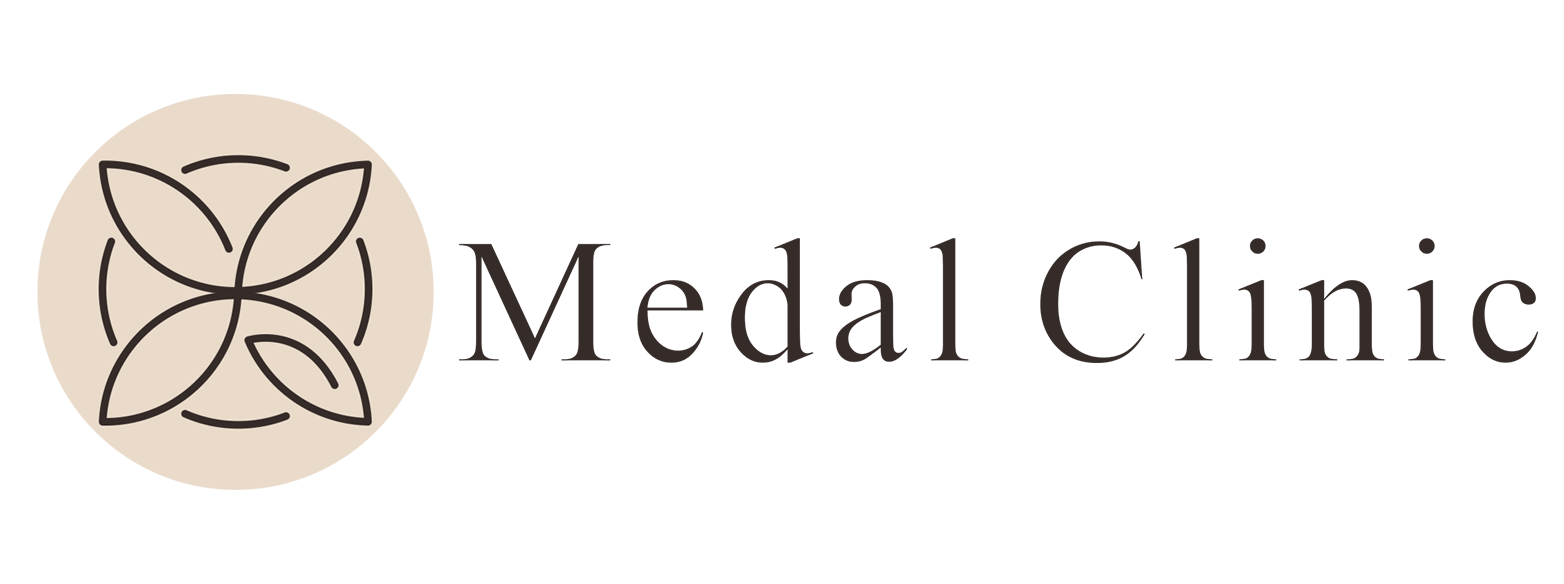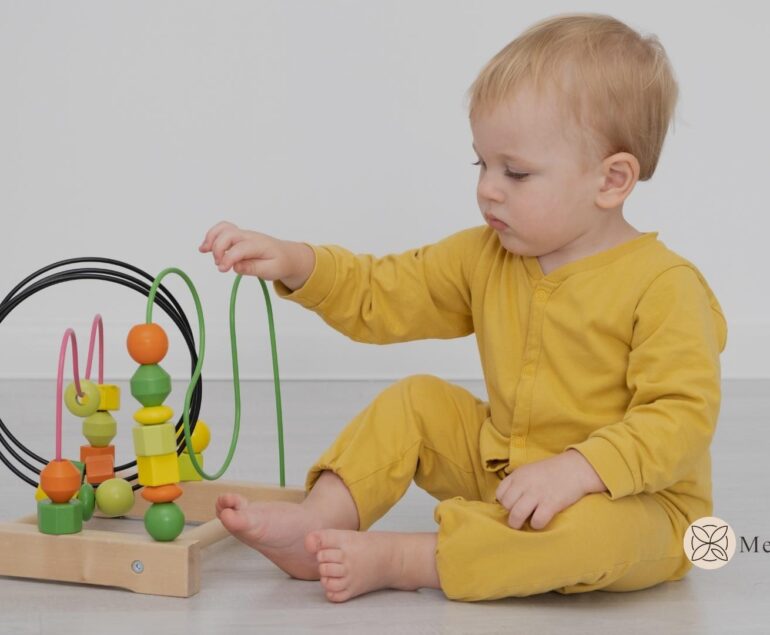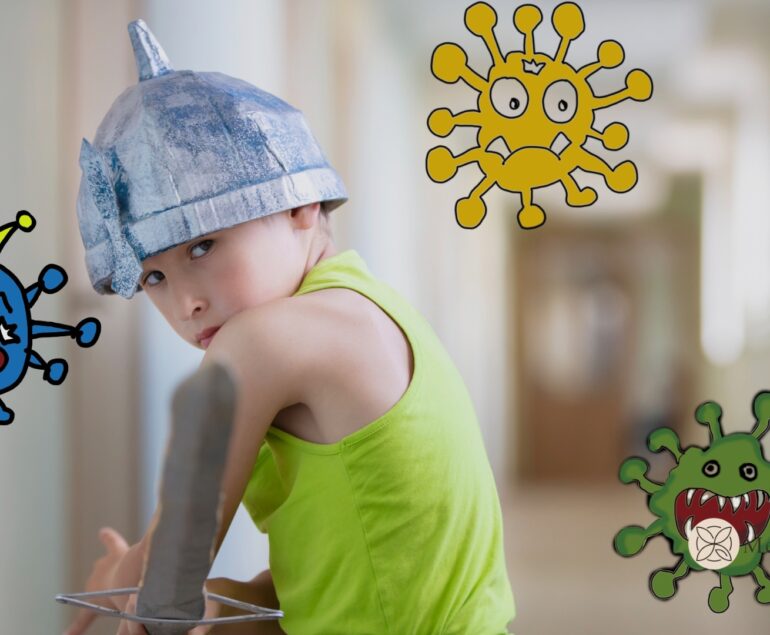Summer Allergies in Children: Symptoms and Prevention Methods
Summer brings more than just warm weather and long days; it’s also the peak season for various allergies affecting children. As a parent, it’s essential to understand the common symptoms of summer allergies and the best practices for preventing them to ensure your child enjoys a healthy, active summer.
Symptoms of Summer Allergies
Nasal Congestion: One of the most common symptoms, nasal congestion, occurs when allergens irritate the nasal passages, leading to a blocked or stuffy nose.
Runny Nose: Accompanying nasal congestion, a runny nose with clear, thin discharge is typical.
Sneezing: Frequent sneezing is a direct reaction to the presence of allergens in the airways.
Itchy Eyes: Allergens can cause eyes to become red, watery, and itchy, often termed allergic conjunctivitis.
Coughing and Wheezing: These can be signs that the allergy has affected the respiratory tract, particularly in children with allergic asthma.
Skin Rashes: Skin reactions such as eczema or hives are common and manifest as itchy, red, or swollen skin.
Recognizing these symptoms early can help manage your child’s discomfort more effectively.
Preventive Measures
Avoidance Strategies
The first step in allergy prevention is avoiding known allergens. During summer, pollen, dust mites, and mold are the prevalent allergens.
Limit Outdoor Activities: When pollen counts are high (usually mid-morning and early evening), try to keep children indoors. Weather apps and websites can provide local pollen forecasts.
Use Air Conditioning: Keep windows closed and use air conditioning in your home and car to help filter out pollen.
Regular Cleaning: Increase the frequency of cleaning to reduce dust mites and mold in the home. Focus on areas where allergens can accumulate, like bedding, carpets, and damp areas.
Dietary Considerations
Certain foods can strengthen your child’s immune system and potentially reduce the severity of allergy symptoms.
Omega-3 Fatty Acids: Found in fish and flaxseed, these can help reduce inflammation associated with allergies.
Vitamin C: This natural antihistamine is abundant in fruits such as oranges, strawberries, and kiwi.
Local Honey: Consuming local honey can sometimes help build a tolerance to local pollen, though this should be used cautiously as it may contain allergens.
Medical Interventions
For some children, avoidance and dietary changes may not be enough. In such cases, medical treatment may be necessary.
Antihistamines: These medications can help alleviate sneezing, itching, and runny nose.
Nasal Sprays: Corticosteroid nasal sprays can reduce inflammation in the nasal passages.
Allergy Shots: For severe allergies, an allergist may recommend allergy shots, which gradually desensitize the immune system to allergens.
Conclusion
Summer allergies can be a significant nuisance for children, affecting their health and ability to enjoy outdoor activities. By understanding the common symptoms and implementing effective preventive measures, you can help manage your child’s allergies and ensure they have a fun and active summer. Always consult with a healthcare provider for advice tailored to your child’s specific health needs.
FAQ's
How can I tell if my child has summer allergies or just a common cold?
Distinguishing between summer allergies and a cold can be tricky as they share similar symptoms. However, allergies usually present with itchy eyes, sneezing, and a clear nasal discharge, without fever. Allergy symptoms persist as long as the child is exposed to the allergen and typically feel worse on high pollen days. On the other hand, colds often include a sore throat, cough, and sometimes a low-grade fever, and they usually resolve within a week to ten days.
Are there any home remedies that can help relieve my child's allergy symptoms?
Yes, there are several home remedies that can help manage symptoms of allergies:
- Nasal Rinses: Using a saline solution can help clear out allergens from the nasal passages.
- Cold Compresses: Applying a cold compress can reduce swelling and soothe itchy eyes.
- Stay Hydrated: Encourage your child to drink plenty of fluids which can help thin the mucus.
- Air Purifiers: Using an air purifier in your child’s room may help remove allergens from the air.
Remember, while these remedies can provide temporary relief, they are not a substitute for professional medical advice if allergies are severe.
At what age can children develop allergies, and how do I get them tested?
Children can develop allergies at any age, but they commonly appear in children between the ages of 3 and 5. If you suspect your child has allergies, it is important to consult with a pediatrician or an allergist. They might recommend skin prick tests or blood tests to identify specific allergens affecting your child. Early identification and management can prevent symptoms from worsening and improve your child’s quality of life during allergy season.




